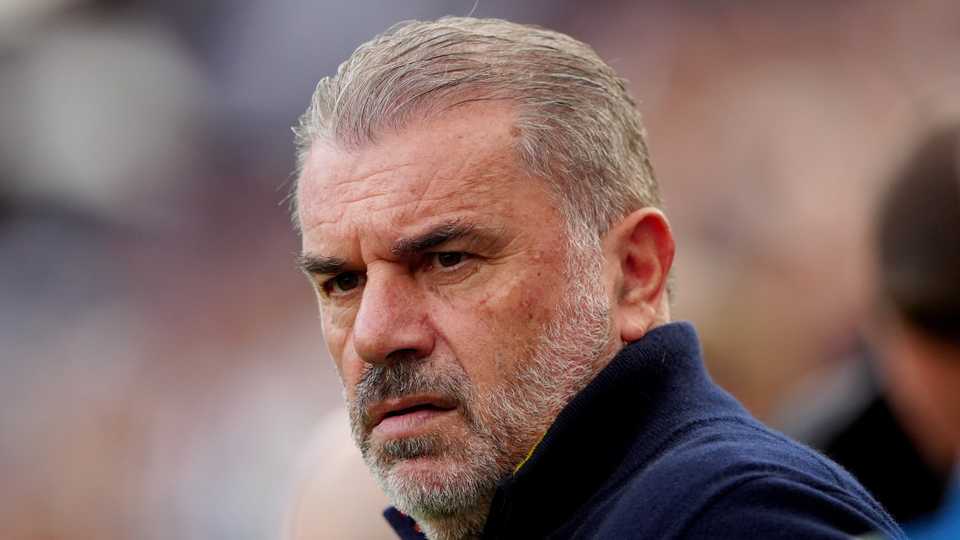Shocking! Former Rangers owner has now clearly stated the cunning tactics and plans of the Celtic chairman and board.
Celtic chairman Peter Lawwell has been accused by former Rangers owner David Murray of trying to harm the Ibrox club during the financial collapse that led to Rangers going out of business in 2012.
Murray, who sold Rangers in 2011 before the club’s descent into administration and eventual collapse, has claimed Lawwell used his influence at the top of Scottish football to exert pressure on Rangers at their lowest point.
The former Parkhead chief executive, now chairman, has long been seen as a powerful figure within the game, but Murray has gone further by alleging there was a deliberate effort to see Rangers suffer.
The claims come from Murray’s new book, in which he reflects on his time running Rangers and the events that followed his departure. He paints a picture of a shifting relationship with Lawwell, from early business ties to what he believes became an aggressive rivalry.
He said: “Peter Lawwell was someone I knew previously. One of my companies GM Mining did business with Scottish Coal where Peter worked and I once invited him and his wife to Ibrox for a game. He was delighted to accept and back then was good company, but by the time he rose to become chief executive of Celtic he was on a completely different trajectory.
“For nearly two decades he tried to build up a seat of power and I honestly believe that by the end of his time at the club he was wielding far too much influence in Scottish football. At one point, after I sold Rangers, it seemed he was positively revelling in the demise of the club.
“He held sway on committees through friends and always used the strength of his power base when he thought it was necessary. Of course he had a job to do for his club – and no one could argue he did it well for much of his tenure – but with very few influential or credible figures working to Rangers’ benefit, he became a pivotal figure in trying to grind them down and make them suffer.
“To me, it seemed the mantra was always, ‘Let’s bury Rangers’.”
Lawwell, who played a key role in modernising and strengthening Celtic on and off the park, has long been a respected and strategic figure within Scottish football.
While it’s no secret that he had significant influence during his time as chief executive, that came from sustained success and strong leadership, not from plotting the downfall of another club.
Lawwell’s focus throughout his time at Celtic was building a dominant footballing operation. and the results speak for themselves. Under his leadership, Celtic have enjoyed unprecedented domestic success, financial stability, and a clear long-term plan.
The claim that Lawwell tried to bring down Rangers misses the real point, Rangers fell apart because of their own mistakes. Lawwell’s job was to look after Celtic, and he did that well while Rangers were dealing with their own problems.
Murray’s comments might grab attention, but they won’t change the facts. Lawwell played a big part in Celtic’s success during that time, and even those who don’t like him know how much he did for the club.








Post Comment